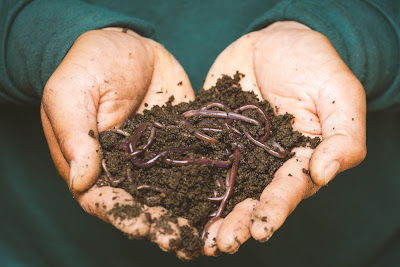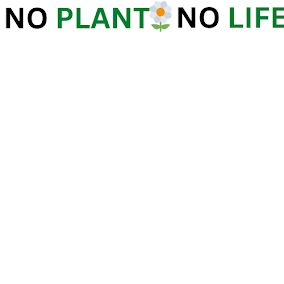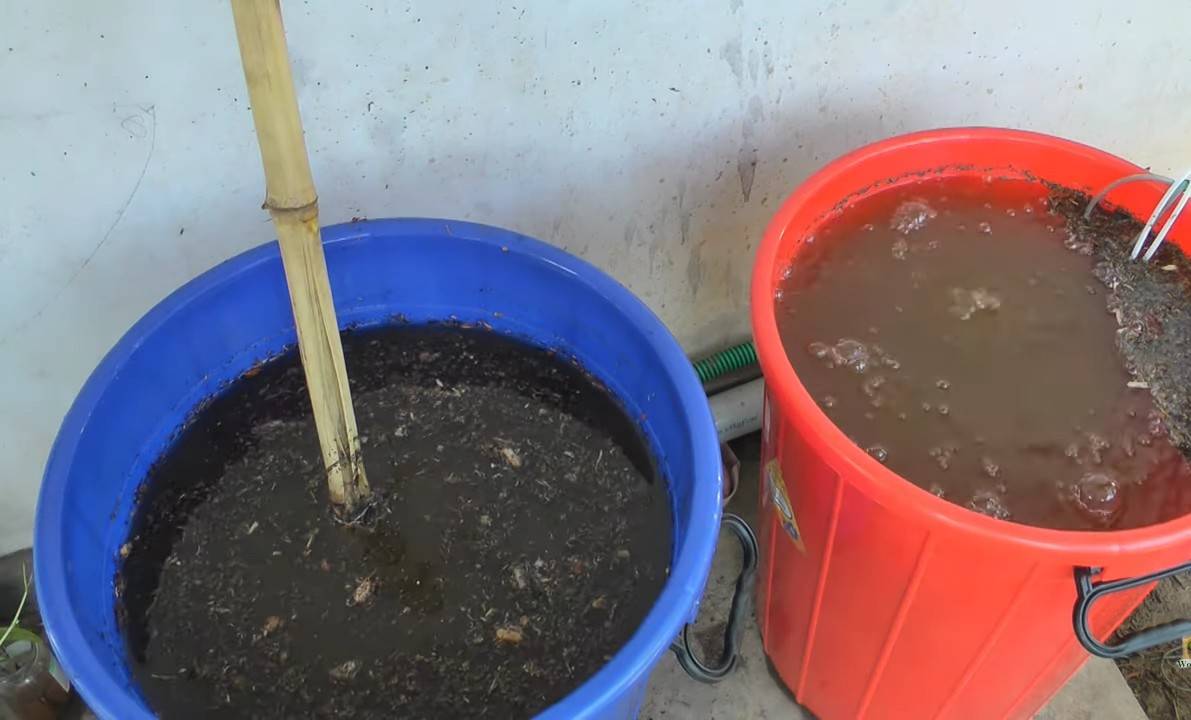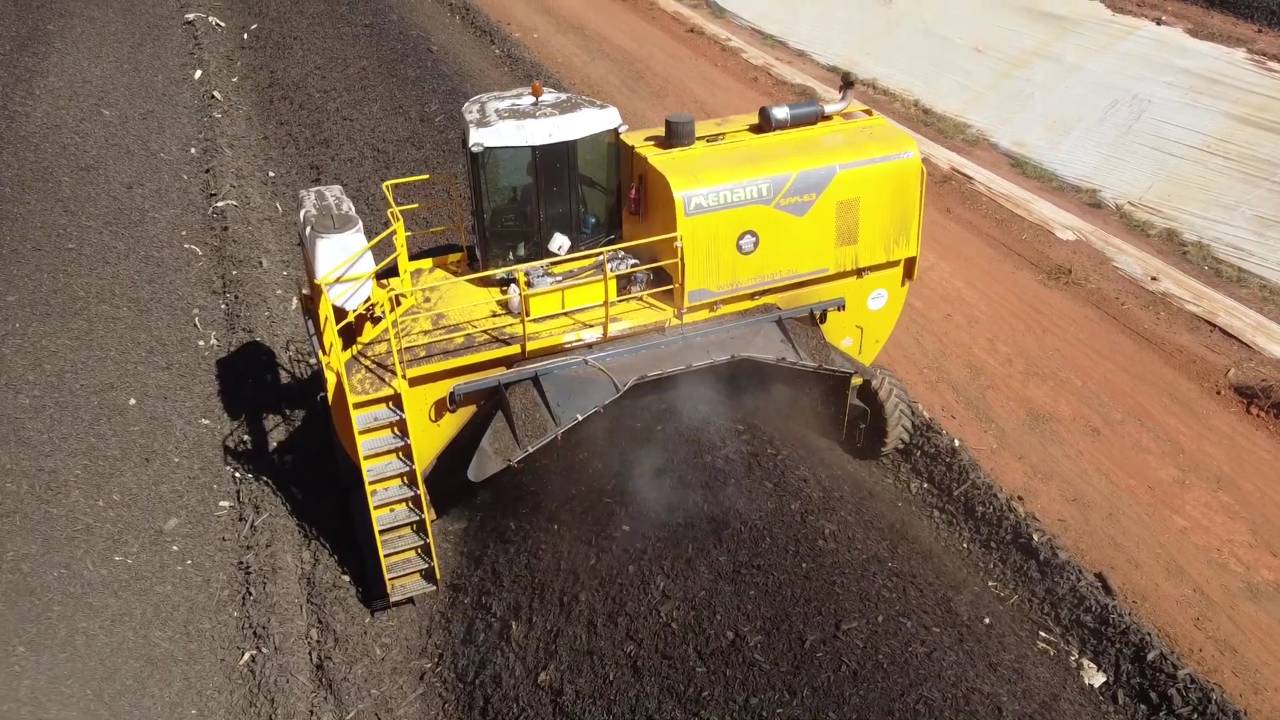As gardeners, there's one thing that we all need in order to sow our seeds, build our soil, and feed our plants, and that's compost. In this article am going to give you 8 reasons why you should make your own compost at home.
You may have tried making compost at home before and maybe for some reason it didn't work for you, maybe you got a slimy mess or it just didn't break down, or you did get it to compost but it was full of weed seeds. Despite all of that I still believe that homemade compost is the best for your garden, and with a little knowledge, I know that you can make the best compost at home, and am going to give you 8 reasons why you should. Let's jump right in.
1. Clears Waste From The Garden.
During the gardening year, we create huge amounts of waste, whether that be fallen leaves, hedge trimmings or bush trimmings, and all of the decaying matter, stalks and stems of all of the crops we've grown. This waste will either have to go to landfill or to your local amenity site, either way you would still need to bag it up and even take it they yourself or hope that they will come and collect it.
The problem with this is that you don't get all of your waste at the same time rather you are generating it throughout the season. You would have to make multiple trips to take it away, this eats into your gardening time and there's usually a cost associated with it too.
2. Know Your Ingredients
If you're an organic gardener then you know exactly what's being put into your compost because when you're buying shop-bought compost, you can't be sure that they haven't added feed that is of a chemical nature. By controlling the ingredients, you get to create nutrient-dense compost so that you can feed your garden soil and your plants in turn.
With store-bought compost, you don't have that ability, you don't actually know what's in it and you have no control over its nutrient density because for all you know it could be just made up of tree clippings.
Don't get me wrong, am not saying that store-bought compost is bad because I use it as well. With the size of my garden, I couldn't possibly make enough even though am making around 9 tones of it every single year. But what am saying is that homemade compost is much better.
3. It Feeds The Microbial Life In Your Soil
Most gardeners who buy compost think that they are using it to start the seeds and it's going to feed the plants, but that's not the case. Compost is actually only there as a medium but its main factor is feeding the soil life or the microbial life that's in your soil, that's what compost is for and in turn, they feed your plants.
What do I mean by this? Well, in every single teaspoon of good-quality compost, there're billions of bacteria, microorganisms, fungi, and even protozoans. These are the soil life that actually feeds your plant.
 |
| An earthworm in the garden |
These microbes are the start of the food chain, they work throughout the soil feeding on the humus and the organics that are in the compost. Because of this, they then go through your soil defecating, sometimes dying and therefore breaking down. Also, they become food themselves for larger microorganisms like protozoa and nematodes.
These organisms continue to grow and do the exact same thing, they themselves either feed, defecate and die or are consumed by larger animals. This circle goes on right up to worms, voles, and everything else that is in the ground. These are huge ecosystems and we need to start right at the beginning to feed them.
4. Compost Tea
There is so much microbial life in homemade compost that you can make your own fertilizers from it. There're fertilizers called compost tea and this is basically just a fermentation of compost in water, that's the very basic form. Over the years, there have been so major developments, and people have started to create their own recipes around this very subject.
In its basic form, this is made using nutrient-dense and rich compost, steeping this in water. Like I said before, people have developed their own recipes but what a lot of people are doing is using worm castings, because these are known to have huge amounts of beneficial bacteria and they use that in conjunction with the compost.
Another thing that people do is replace some of the water with other teas like nettle or comfrey because this can add tones of nitrogen or phosphorus and potassium because these weeds are accumulators and they pull that up from deep down in the earth and then when you make teas from those and adding that to your compost tea, you're only benefiting the tea itself.
They're two methods of brewing compost tea and they've both got scientific evidence and studies behind them. These are;
1. Anaerobic Compost Tea
In anaerobic compost tea, you get the compost ingredients, put them into a big net, put it in a barrel, fill it with water and put a lid on that barrel. That then removes the oxygen from the area and produces anaerobic compost tea.
2. Aerobic Compost Tea
There's a much better way of brewing compost tea and the most popular way of producing compost tea is using the aerobic compost tea method. With this method, you do exactly the same thing, you put your ingredients into a sack, and put it into your barrel but instead of putting a lid on it this time, you place it in an aquarium air pump and you pump oxygen through it. What this does is that it provides oxygen so that all the microbial life and protozoans and everything that is inside the compost and within the water are able to breed because of the high amount of oxygen in the water.
Because the microbial life in the water are producing, they need to be able to feed, so you need to provide them with food and for that you would need molasses. The thing about this compost tea is that it is a fantastic thing to be watering your plants with and you can't use too much, they is no way you can overdo it. All you are doing is adding all of this microbial life to the soil around your plants, so it's really good to use and can also be used as a spray as well but also as a drench.
6. Make Sure Its Organic
The problem with shop-bought compost and amenity site compost is that it's been collected from multiple sources usually from the whole village and surrounding villages. You don't know what they've been putting on their plants, they may well have been spraying glyphosate everywhere, and when that goes through the composting process, it could end up back in your plants. So, the most reliable way to ensure that you're growing organically is by you producing the compost yourself.
7. Shop-Bought Compost Often Gets Too Hot
You may have noticed if you buy from an amenity site and you have a bulk delivery, the compost usually comes really dark or black in color. Good quality compost shouldn't be like that, it should only be a dark coffee color or a dark brown. The reason it turns that way is because it gets too hot and what that does is it kills a lot of the microbial life within the compost itself.
This type of compost is usually from windrow compost where they have huge rolls of compost that they turn constantly to get it to break down quickly. The problem with this is that it overheats and it destroys all of the microbial life but you do get all of that good humus and organic matter but not so much life in it.
A prime example of them getting too hot is if there isn't enough moisture in them, these windrows can spontaneously ignite, that's how hot they can get. Such high temperature is not good for the microbial life in the compost.
8. It Helps Build Soil Structure
Unlike the compost bought in stores, homemade compost is a little rougher because it hasn't been sieved and that's good for the microbial life as it adds tons of organic matter back to the soil which worms and other organisms can take down into the soil with lots of other benefits such as;
- It stops soil erosion.
- It stops the ground from baking in the sun.
- Helps to create waterways within the soil itself.
- It creates a thriving environment for the microbes to feed on the humus over again.
Check out my amazon storefront for products I use regularly in my garden.
LIST OF EQUIPMENT I MOST OFTEN USE IN MY GARDEN









No comments:
Post a Comment